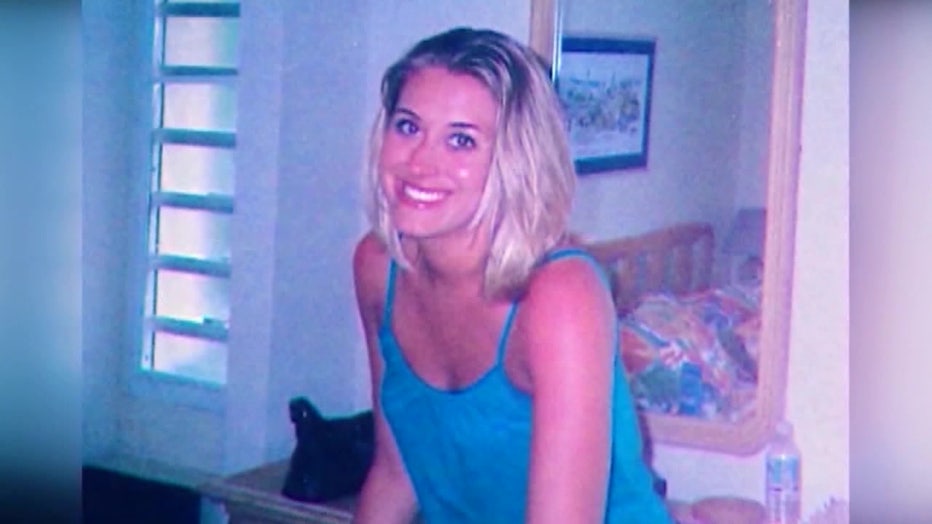Missing in Florida Day pairs USF researchers with law enforcement to crack state's cold cases
TAMPA, Fla. - University of South Florida researchers, along with law enforcement and the Florida Sheriff’s Association Cold Case Advisory Commission hosted the second Missing in Florida Day Thursday, hoping to help families of missing persons find answers in their loved ones' cases.
The event took place at the Italian Club in Ybor City and attendees were able to speak with investigators from across Tampa Bay, file missing persons reports and provide DNA samples for genetic testing.
"They're all instrumental in helping us to get this data together and to put science and law enforcement on the same pages," said Citrus County Sheriff Mike Prendergast, the chair of the Cold Case Advisory Commission.
READ: With $100,000 reward, family of Don Lewis pushes for answers in 'Tiger King' cold case
According to the Cold Case Advisory Commission, there are more than 900 unidentified John or Jane Doe cases in Florida. These are often human remains that were found, but investigators were not able to identify them due to these cases not matching anyone in the missing person's database.
This can occur because reports were not filed or entered into the system or because many cases are not up to current investigative standards and lack the essential biometric information, such as DNA, which is needed to make a match, according to the Sheriff's Association.
There are also more than 3,000 missing persons cases in Florida that remain unsolved.
"Science is working very hard in partnership with law enforcement," Sheriff Prendergast said. "But there are other bits and pieces that are out there that we need to be that missing link in the chain that allows us to put everything together and then ultimately go and say, 'we know who that is.'"
READ: Jennifer Kesse’s family hopes recently released photos will lead to new tips in her disappearance
At the event, family members were able to file a missing persons report, update biometrics and submit DNA samples for genetic testing for new and existing cases at no cost. All missing persons reports will be entered into the system regardless of jurisdiction.

Pictured: Jennifer Kesse
Several families of missing persons were also in attendance and shared their experiences in the long-term search for their loved ones. This includes Donna Pettis, the daughter of Don Lewis (featured in the Netflix series "Tiger King"), who went missing in 1997 from Tampa, as well as Drew and Joyce Kesse, the parents of Jennifer Kesse, who went missing in 2006 from Orlando.
USF Anthropologist Dr. Erin Kimmerle was also on hand to discuss the work researchers are doing to assist law enforcement. She unveiled six new digital facial reconstructions created from skeletal remains or autopsy photographs. Several clay mold reconstructions were also on display.
Kimmerle, however, said geneological DNA testing has been groundbreaking because it can help investigators to connect remains or suspects to living family members.
"If you just look at national headlines every day, there's cases being solved all over the country using that," she said.
Sheriff Prendergast is urging families of missing persons to connect with law enforcement or the Cold Case Advisory Council to review case documents and provide DNA samples, if that has not been done already.


